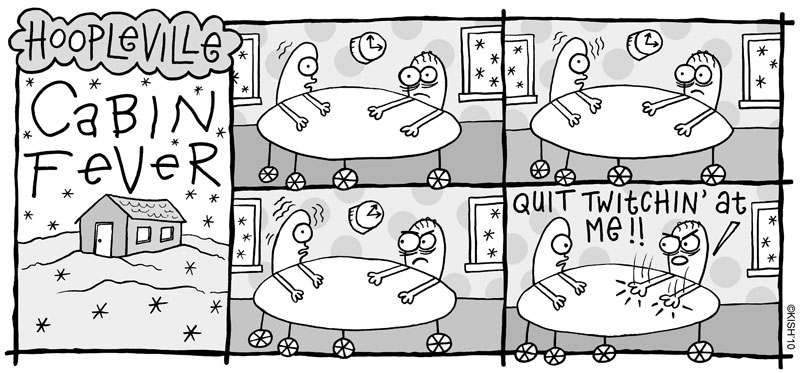Check out a recent article in the Marshalltown Times Republican about a recent presentation at the Marshalltown YMCA-YWCA for their Livestrong program. Check out the article here: Fighting cancer with a passion It is a great group that provides mental and physical supports to cancer survivors. It was my third time speaking for different Livestrong classes there. They are a wonderful group and the Y is also awesome!
I was speaking about using non-pharmaceutical interventions for pain management. I focused mainly on mindfulness as a tool for pain management. Maybe there will be an upcoming blog post about mindfulness???
At the end of the presentation we did an exercise called the three minute breathing space to give participants a little slice of mindfulness. I received the exercise from Chris Klug, MA a mindfulness instructor from the University of Iowa @ one of his retreats at the Prairie Woods Retreat Center near Cedar Rapids. Try it for yourself:
The
3-Minute Breathing Space – Basic Instructions
1. Awareness
Bring yourself into the present moment by
deliberately adopting an erect and dignified posture. If possible, close your eyes. Then ask:
“What is my experience right now…in thoughts…in
feelings…and in bodily sensations?
Acknowledge and register your experience, even if it
is unwanted.
2. Gathering
Then, gently redirect full attention to breathing,
to each in-breath and to each out-breath as they follow, one after the other.
Your breath can function as an anchor to bring you
into the present and help you tune into a state of awareness and stillness.
3. Expanding
Expand the field of your awareness around your
breathing, so that it includes a sense of the body as a whole, your posture,
and facial expression.
The breathing space provides a way to step out of
automatic pilot mode and reconnect with the present moment.
The key skill in using Mindfulness is to maintain
awareness in the moment. Nothing else.
From Segal, Williams and Teasdale (2002). Mindfulness-Based Cognitive Therapy for
Depression. Guilford Press



